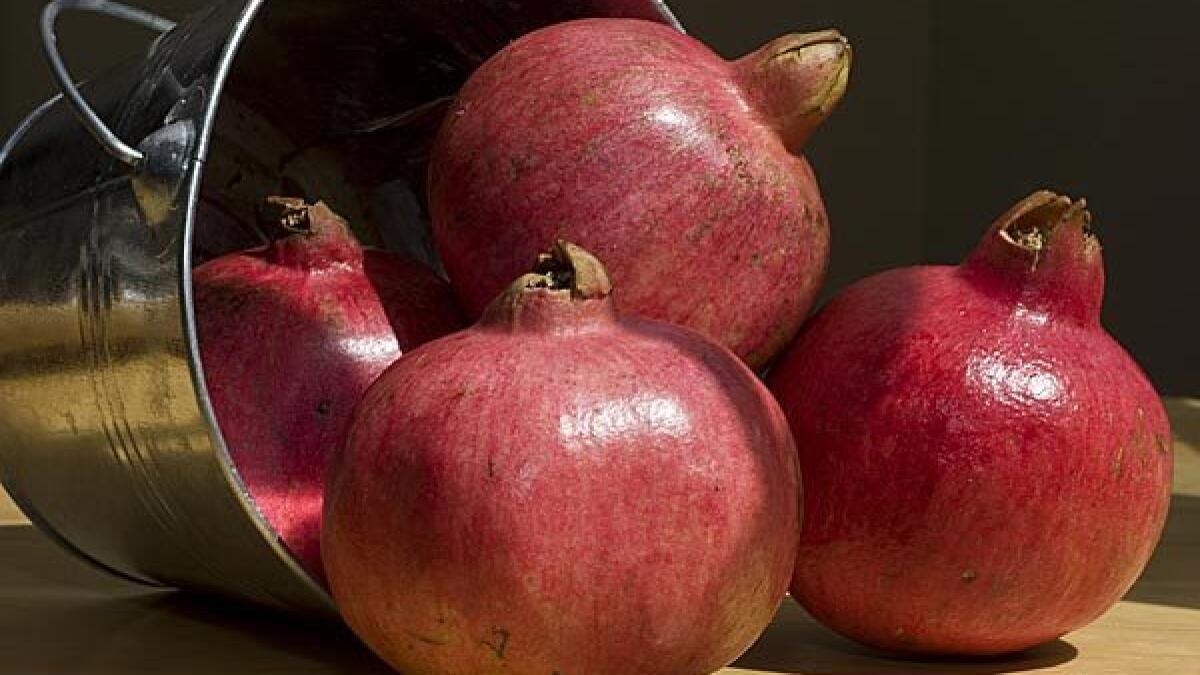

Articles
How To Store A Pomegranate
Modified: August 23, 2024
Learn how to store a pomegranate and keep it fresh for longer with these helpful articles. Discover the best methods and tips for optimal storage.
(Many of the links in this article redirect to a specific reviewed product. Your purchase of these products through affiliate links helps to generate commission for Storables.com, at no extra cost. Learn more)
Introduction
Welcome to the world of pomegranates – the juicy and vibrant fruit that bursts with flavor and nutrition. Pomegranates are not only delicious, but they are also packed with antioxidants and anti-inflammatory properties, making them a popular choice for health-conscious individuals. Whether you’ve just bought a fresh pomegranate from the grocery store or harvested it from your own garden, proper storage is essential to maintain its freshness and taste. In this article, we’ll guide you on how to store a pomegranate to prolong its shelf life and enjoy it at its peak.
Before we dive into the storage methods, it’s important to choose a ripe pomegranate. Look for a fruit that feels heavy for its size, indicating that it’s plump with juice. The skin should be smooth and free from blemishes or cracks. The color can vary from pale pink to deep red, depending on the variety. Now that you’ve selected the perfect pomegranate, let’s explore the different storage methods for both the whole fruit and its seeds.
Key Takeaways:
- Choose ripe, heavy pomegranates with smooth skin for best flavor. Store whole fruit at room temperature or in the fridge to maintain freshness. Proper storage ensures delicious, nutritious pomegranates whenever you’re ready to enjoy them.
- Keep pomegranate seeds fresh by storing in airtight containers in the fridge or freezing for long-term use. Enjoy their burst of flavor and health benefits year-round with these simple storage methods.
Read more: How To Store Pomegranate Arils
Choosing a Pomegranate
When it comes to choosing a pomegranate, it’s important to select one that is ripe and ready to eat. Here are a few tips to help you choose the perfect pomegranate:
- Weight: A ripe pomegranate will feel heavy for its size. Pick it up and assess its weight to ensure it’s full of juicy goodness.
- Appearance: Look for a pomegranate with a vibrant, evenly colored skin. It should be free from bruises, cracks, or blemishes.
- Texture: Gently feel the skin of the pomegranate. It should be smooth and firm, indicating that it’s ripe and ready to eat.
- Sound: Give the pomegranate a light tap. If you hear a hollow sound, it’s a good sign that the seeds inside are plump and juicy.
Keep in mind that the color of a pomegranate can vary depending on the variety. Some may have a pale pink skin, while others may have a deep red color. Regardless of the color, the pomegranate should meet the criteria of being heavy, smooth, and free from any damage.
By choosing a ripe and quality pomegranate, you’re setting yourself up for a delicious and enjoyable eating experience. Now that you have your pomegranate, let’s explore the best ways to store it to maintain its freshness and flavor.
Storing a Whole Pomegranate
If you’re not planning on consuming your whole pomegranate right away, proper storage is key to preserve its freshness. Here are a few methods for storing a whole pomegranate:
- Room Temperature: A whole pomegranate can be stored at room temperature for up to a week. Find a cool and dry area, away from direct sunlight, to keep the fruit. Make sure to place it on a countertop or in a fruit bowl where it can breathe and avoid being crushed.
- Refrigerator: If you want to extend the shelf life of your pomegranate, you can store it in the refrigerator. Place the whole fruit in a plastic bag or airtight container to prevent it from drying out. Stored this way, a pomegranate can last for up to two weeks. Just remember to bring it back to room temperature before consuming for the best taste experience.
When storing a whole pomegranate, it’s important to regularly inspect it for any signs of spoilage. If you notice any soft or moldy spots, it’s best to discard the fruit to avoid contaminating the rest. By following these storage methods, you can enjoy the taste and nutritional benefits of your whole pomegranate whenever you’re ready.
Storing Pomegranate Seeds
Pomegranate seeds, also known as arils, are deliciously juicy and make a great addition to salads, desserts, or enjoyed on their own. If you have extracted the seeds from a pomegranate and want to store them for future use, here’s how you can do it:
- Airtight Container: Transfer the pomegranate seeds to an airtight container. This can be a glass jar, plastic container, or resealable bag. The container should be clean and dry to prevent any moisture from spoiling the seeds.
- Refrigeration: Place the container with the pomegranate seeds in the refrigerator. The cool temperature will help to prolong their freshness. Stored this way, pomegranate seeds can last for up to 5 days.
- Avoid Crushing: Be gentle when handling the seeds to avoid crushing or damaging them. Pomegranate seeds are delicate, and maintaining their shape and juiciness is important for the best eating experience.
When you’re ready to use the stored pomegranate seeds, simply take them out of the refrigerator and let them come to room temperature. This will enhance their taste and texture. You can use the seeds in salads, smoothies, yogurt, or any other recipe of your choice. Remember to give them a quick rinse before consuming to remove any excess juice or debris.
By storing pomegranate seeds properly, you can enjoy their burst of flavor and nutritional benefits even when they’re not in season.
Store pomegranates in the refrigerator for up to 2 months, or freeze the arils for longer storage. Keep them in an airtight container to maintain freshness.
Freezing Pomegranate Seeds
If you have an abundance of pomegranate seeds and want to extend their shelf life even further, freezing is a great option. Freezing pomegranate seeds helps preserve their taste, texture, and nutritional value. Here’s how you can freeze pomegranate seeds:
- Preparation: Start by cleaning and drying the pomegranate seeds thoroughly. Remove any excess pith or membranes to ensure the best quality when freezing.
- Spread on a Tray: Arrange the cleaned pomegranate seeds in a single layer on a tray lined with parchment paper or a silicone mat. Make sure the seeds are not touching each other, as this will prevent them from sticking together.
- Flash Freeze: Place the tray of pomegranate seeds in the freezer and allow them to freeze for about 1-2 hours, or until they are firm to the touch. This step, known as flash freezing, prevents the seeds from clumping together during the freezing process.
- Transfer to Freezer Bags or Containers: Once the pomegranate seeds are flash frozen, transfer them to freezer-safe bags or airtight containers. Label the containers with the date of freezing to keep track of their freshness. Remove any excess air from the bags before sealing to prevent freezer burn.
- Return to Freezer: Place the sealed bags or containers of pomegranate seeds back into the freezer. They can be kept frozen for up to 3 months.
When you’re ready to use the frozen pomegranate seeds, simply take out the desired portion and allow them to thaw in the refrigerator or at room temperature. Avoid thawing them in the microwave, as this can affect their texture. The thawed pomegranate seeds can be used in various recipes, like smoothies, sauces, or desserts.
Freezing pomegranate seeds is an excellent way to keep them on hand for longer, ensuring you can enjoy their vibrant flavor and health benefits throughout the year.
Read more: How To Store Pomegranate Once Cut
Storing Pomegranate Juice
Pomegranate juice is not only refreshing but also packed with antioxidants and nutrients. If you have freshly squeezed or store-bought pomegranate juice that you want to store for later use, here are some guidelines:
- Refrigeration: The simplest way to store pomegranate juice is to keep it in the refrigerator. Pour the juice into a clean and airtight container, leaving some space at the top to account for expansion. Seal the container tightly and place it in the refrigerator. Stored this way, pomegranate juice can last for up to 5-7 days.
- Freezing: If you have a large quantity of pomegranate juice that you want to store for a longer period, freezing is the preferred method. Pour the juice into freezer-safe containers, leaving a bit of room for expansion. Seal the containers tightly and label them with the date. Frozen pomegranate juice can last for up to 6 months in the freezer.
- Small Portion Containers: If you want to have individual servings of pomegranate juice ready to go, consider using ice cube trays or small portion containers. Fill the compartments or containers with the juice and freeze them. Once frozen, transfer the juice cubes or portions into a freezer bag and keep them frozen until needed. This allows you to conveniently grab a small portion and thaw it as needed.
When it’s time to use the stored pomegranate juice, thaw it in the refrigerator or at room temperature. Give it a gentle shake or stir before consuming to ensure that any settled pulp or sediment is evenly distributed. Enjoy the revitalizing taste of pomegranate juice whether it’s in a refreshing drink, a marinade, or a sauce.
By properly storing pomegranate juice, you can enjoy its sweet and tangy flavor for an extended period, making it a versatile addition to your culinary creations.
Preserving Pomegranate Arils
Pomegranate arils, also known as the juicy red seeds, are a delightful treat on their own or as an ingredient in various dishes. If you have an abundance of pomegranate arils and want to preserve them for later use, here are some methods you can try:
- Refrigeration: One of the simplest ways to preserve pomegranate arils is by storing them in the refrigerator. Place the arils in an airtight container or a resealable bag and seal it tightly. Refrigerated pomegranate arils can last for up to 5-7 days.
- Water Bath: Another method to preserve pomegranate arils is by submerging them in a water bath. Fill a bowl with cold water and gently place the arils in the water. The water bath will help maintain their freshness and prevent them from drying out. Store the bowl in the refrigerator and change the water daily. This method can keep pomegranate arils fresh for up to a week.
- Dehydration: If you prefer a longer-term storage method, you can dehydrate the pomegranate arils. Lay the arils on a baking sheet lined with parchment paper and spread them out in a single layer. Place the sheet in an oven set to its lowest temperature or use a food dehydrator. Allow the arils to dehydrate for several hours until they become dry and leathery. Once dehydrated, store the arils in an airtight container at room temperature. Dehydrated pomegranate arils can last for several months.
- Preserving in Syrup: For a sweeter twist on preserving pomegranate arils, you can make a syrup to store them in. In a saucepan, combine equal parts water and sugar, and bring the mixture to a boil until the sugar has dissolved completely. Let the syrup cool, and then pour it over the pomegranate arils in a jar or container. The syrup acts as a preservative and helps maintain the juiciness of the arils. Store the jar in the refrigerator and enjoy the preserved pomegranate arils for several weeks.
Preserved pomegranate arils can be used in a variety of dishes, such as desserts, salads, or cocktails. They add a burst of color and flavor to your culinary creations, even when they’re not in season.
Experiment with these preservation methods to find the one that suits your needs best and enjoy the taste of pomegranate arils all year round!
Conclusion
Storing a pomegranate properly can make a significant difference in preserving its flavors and nutritional benefits. Whether you have a whole pomegranate, seeds, juice, or arils, following the right storage methods will ensure that you can enjoy this vibrant and delicious fruit at its best.
When selecting a pomegranate, choose one that is heavy, evenly coloured, and free from any blemishes. Once you have your pomegranate, you can store it at room temperature for up to a week or in the refrigerator for longer shelf life.
If you’ve extracted the seeds from your pomegranate, storing them in an airtight container in the refrigerator will keep them fresh for a few days. Freezing the seeds is also an option to extend their storage time for several months.
Pomegranate juice can be refrigerated for up to a week or frozen for longer-term storage. Consider freezing small portions in ice cube trays for convenient individual servings.
For those who love the juicy arils, refrigeration, water baths, dehydrating, or preserving them in syrup are all viable methods to maintain their freshness and flavors.
By utilizing these storage techniques, you can enjoy the goodness of pomegranates throughout the year, even when they are out of season. So, the next time you bring home a pomegranate, you’ll know exactly how to store it to ensure its longevity and taste.
Remember, the key to successfully storing pomegranates lies in maintaining the right temperature, moisture levels, and using appropriate containers. With a little care, you can relish the delightful taste and health benefits of pomegranates whenever you desire.
So go ahead and savor the beauty and flavor of this remarkable fruit by storing it correctly and enjoying its incredible benefits whenever you please.
Frequently Asked Questions about How To Store A Pomegranate
Was this page helpful?
At Storables.com, we guarantee accurate and reliable information. Our content, validated by Expert Board Contributors, is crafted following stringent Editorial Policies. We're committed to providing you with well-researched, expert-backed insights for all your informational needs.
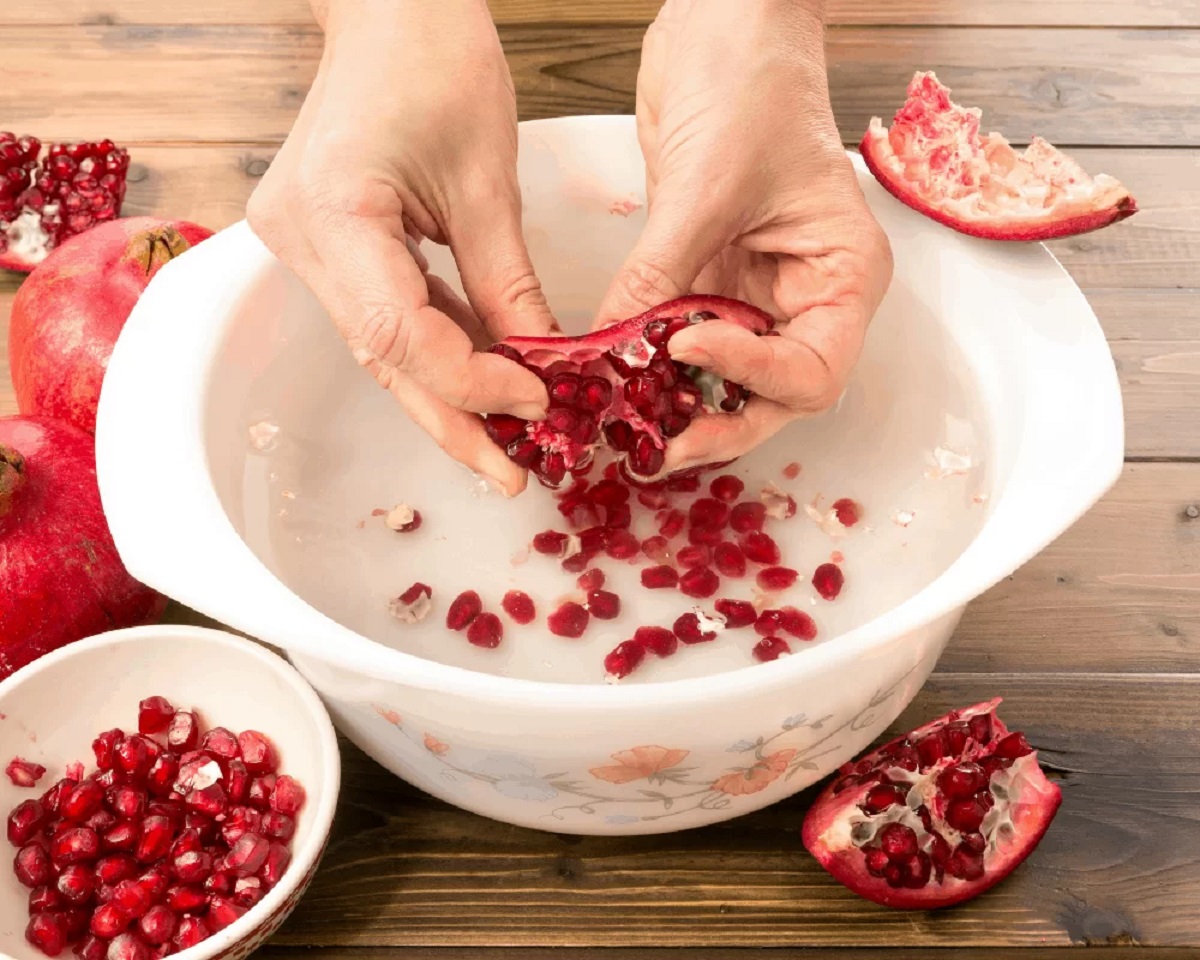
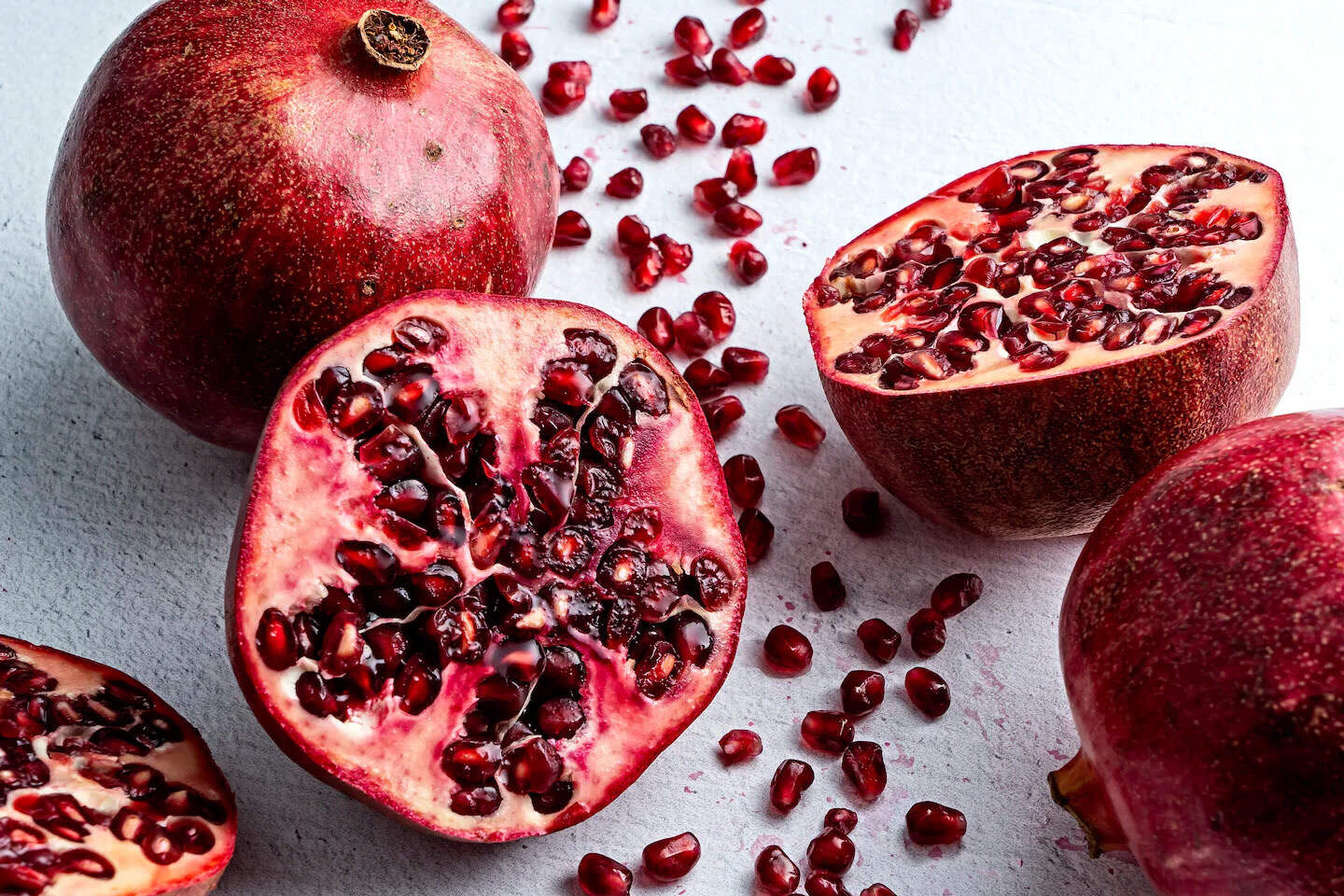
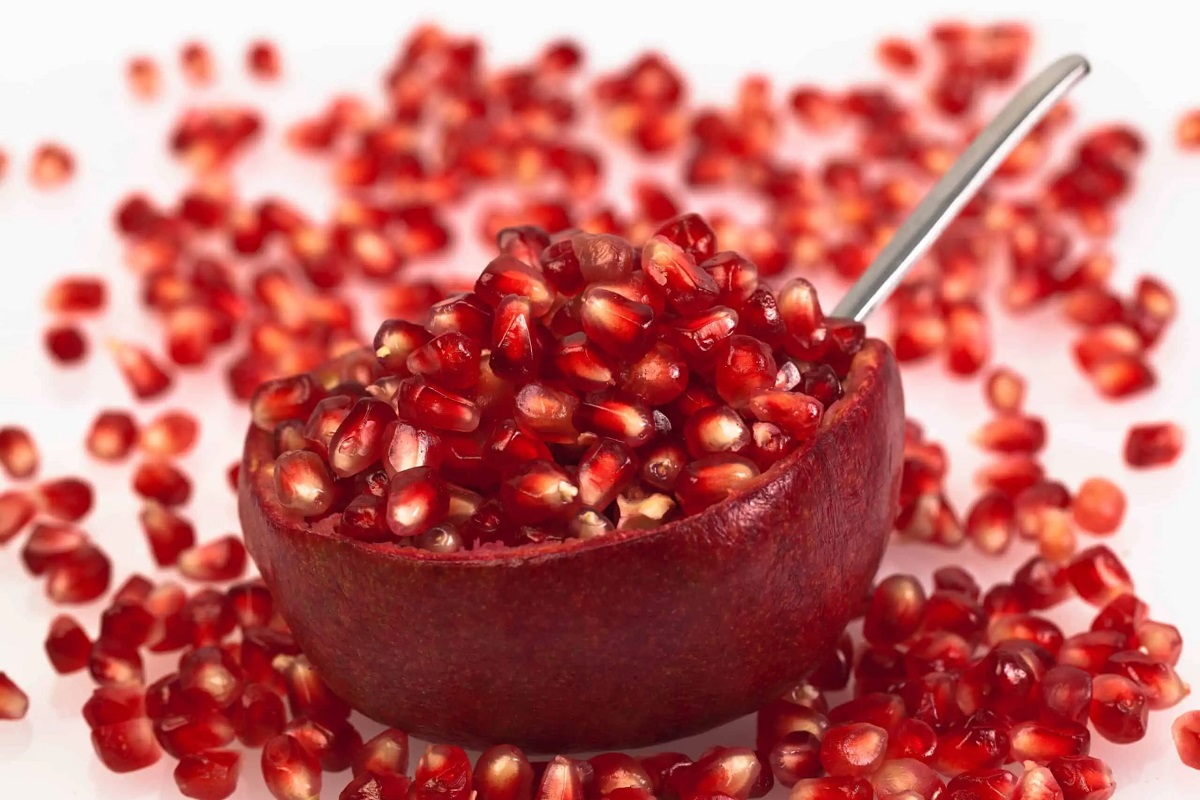
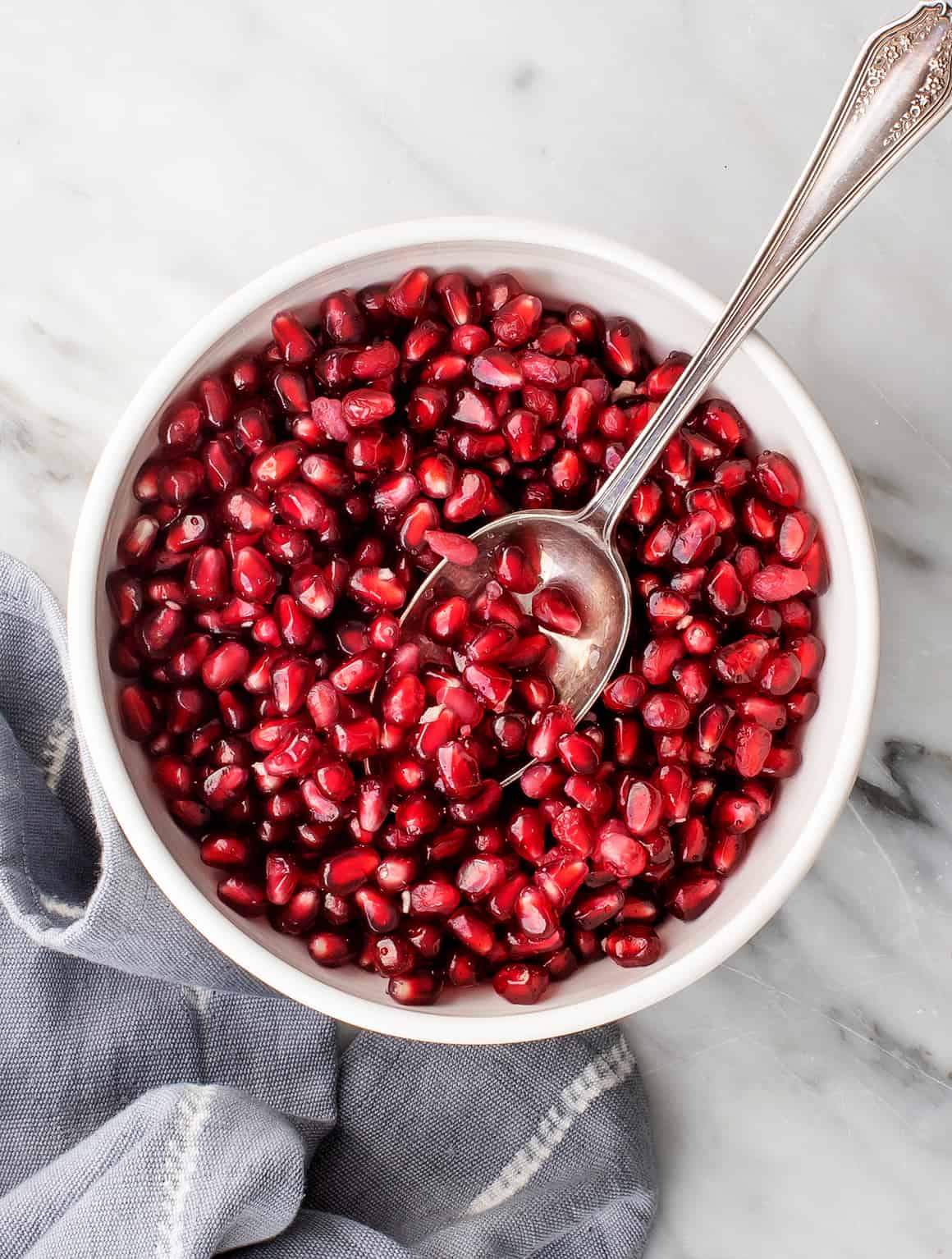

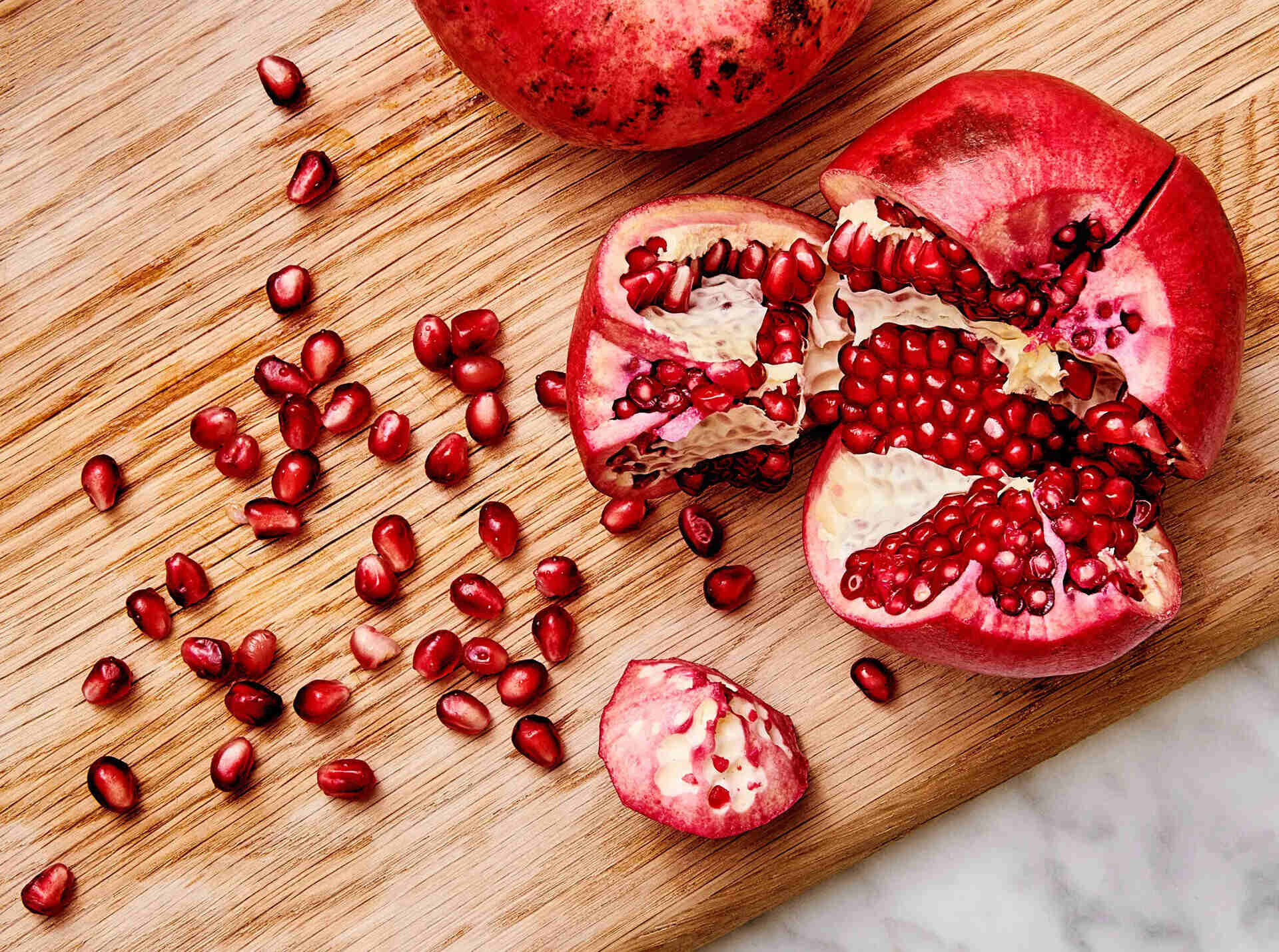
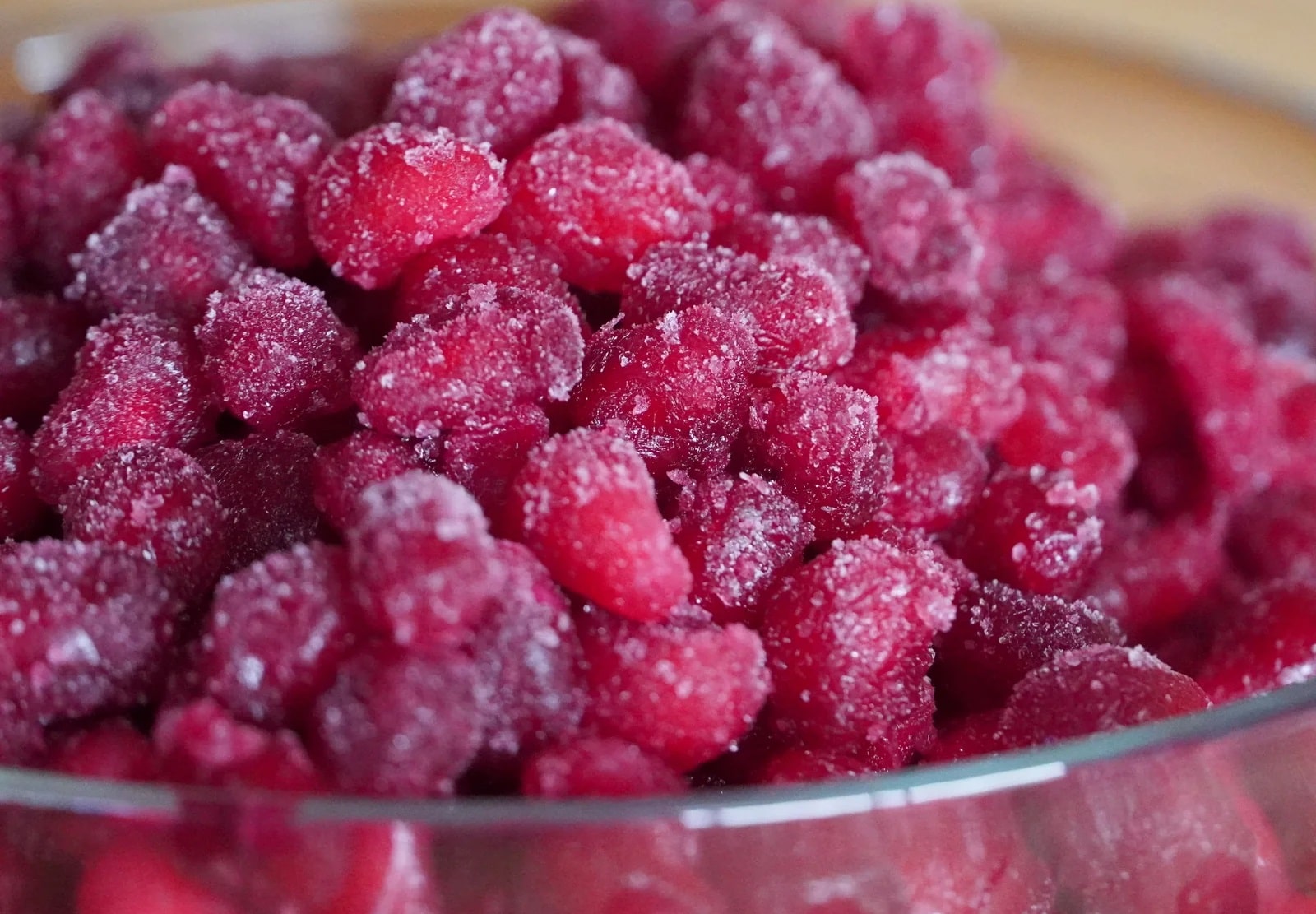
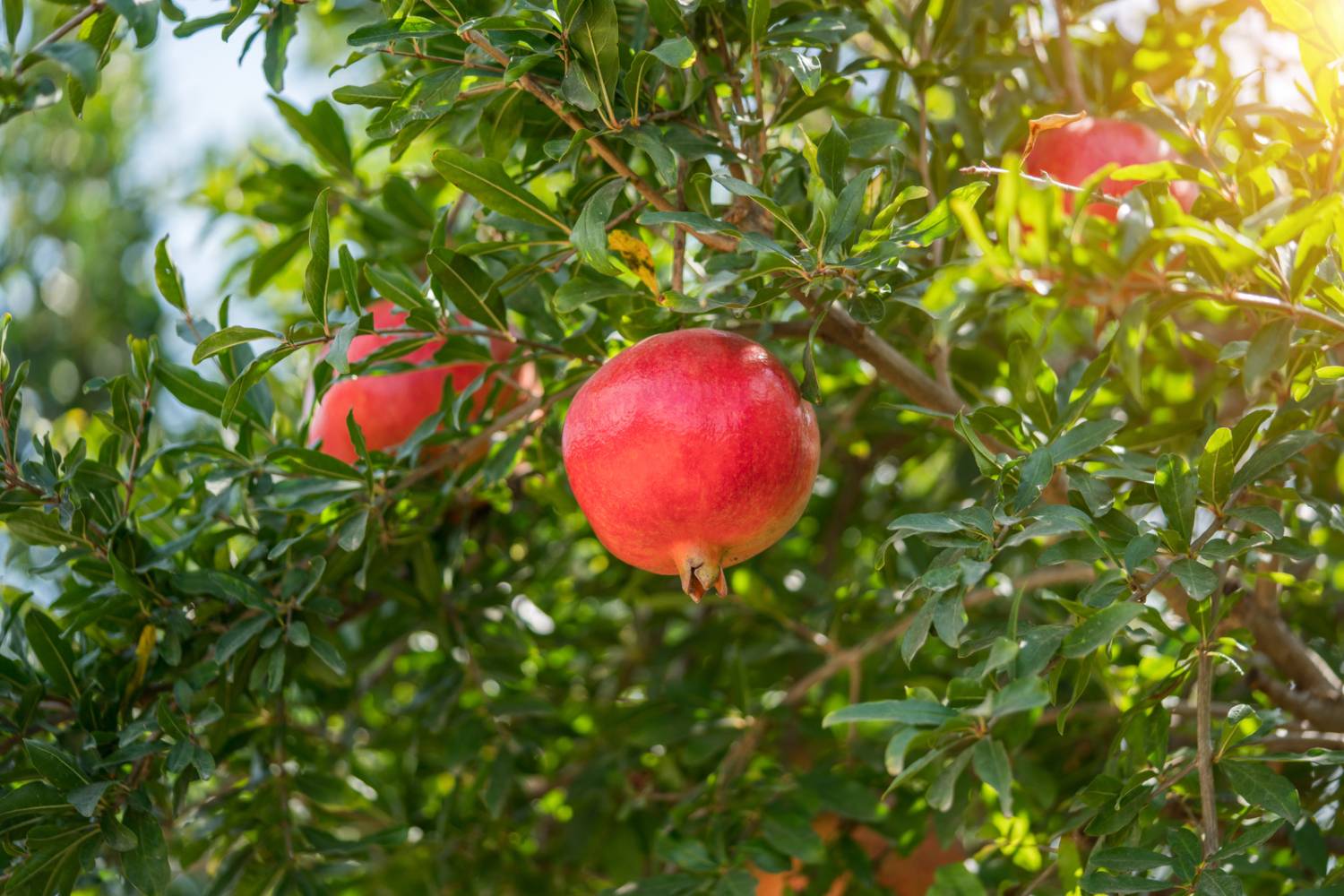

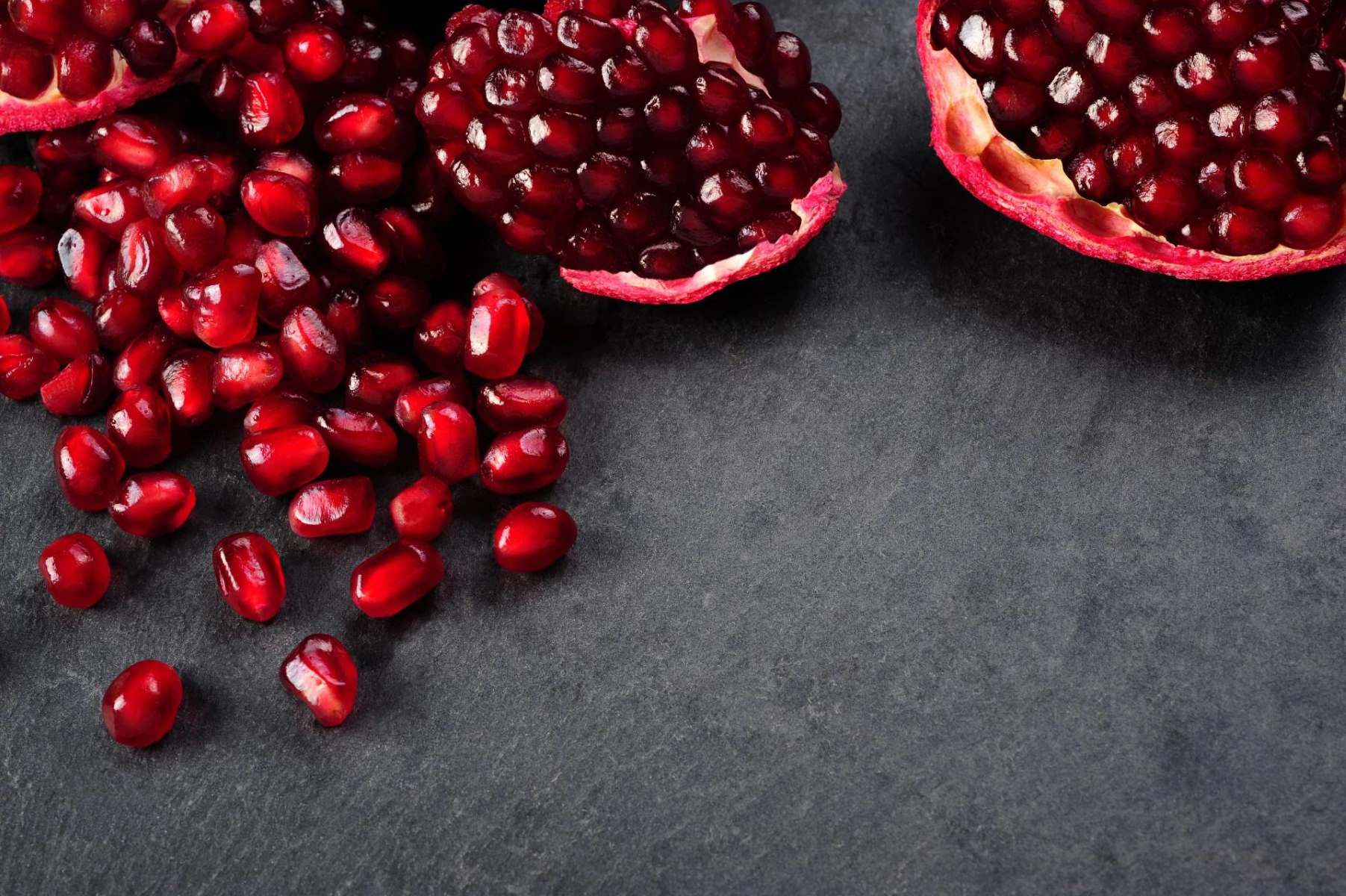
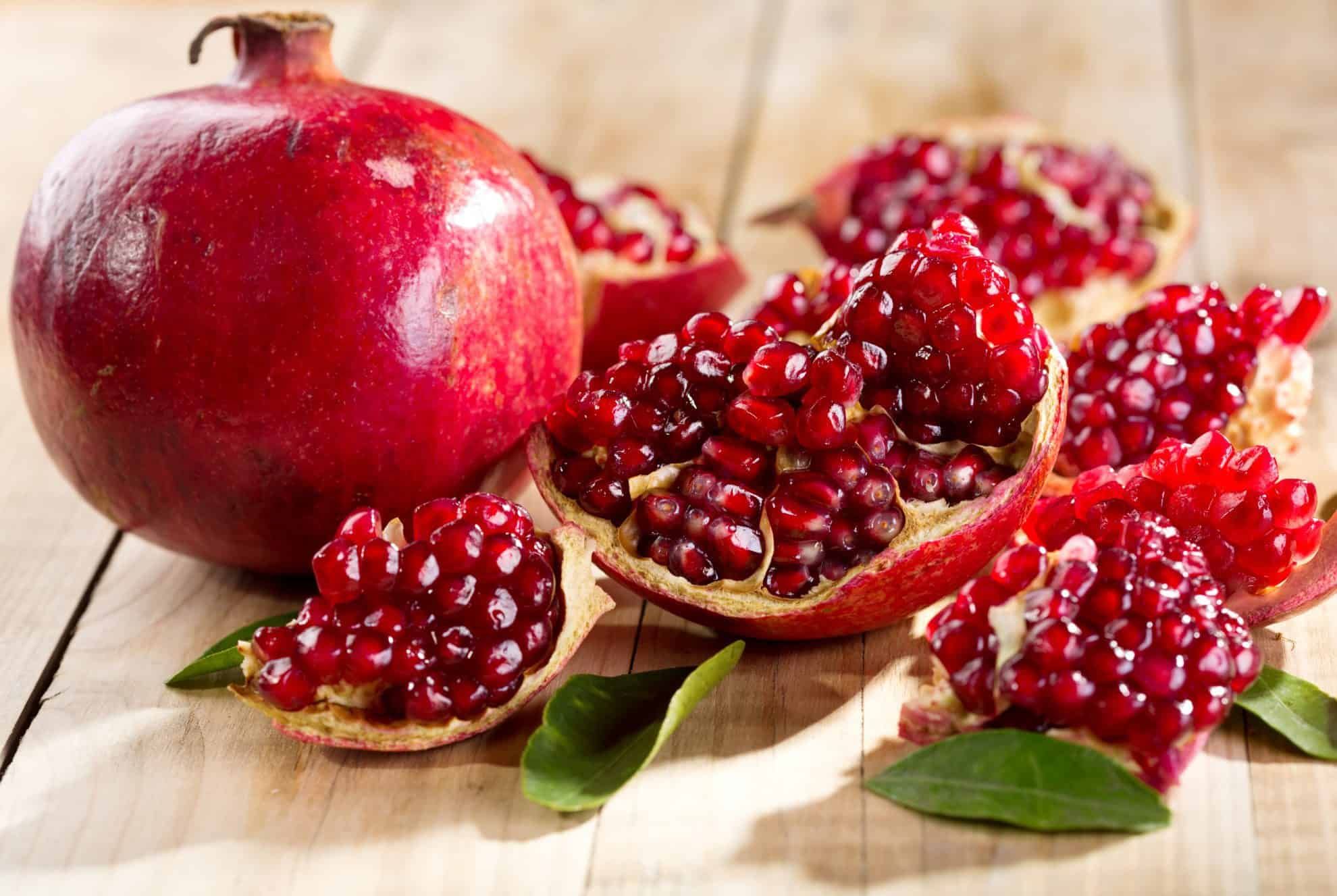
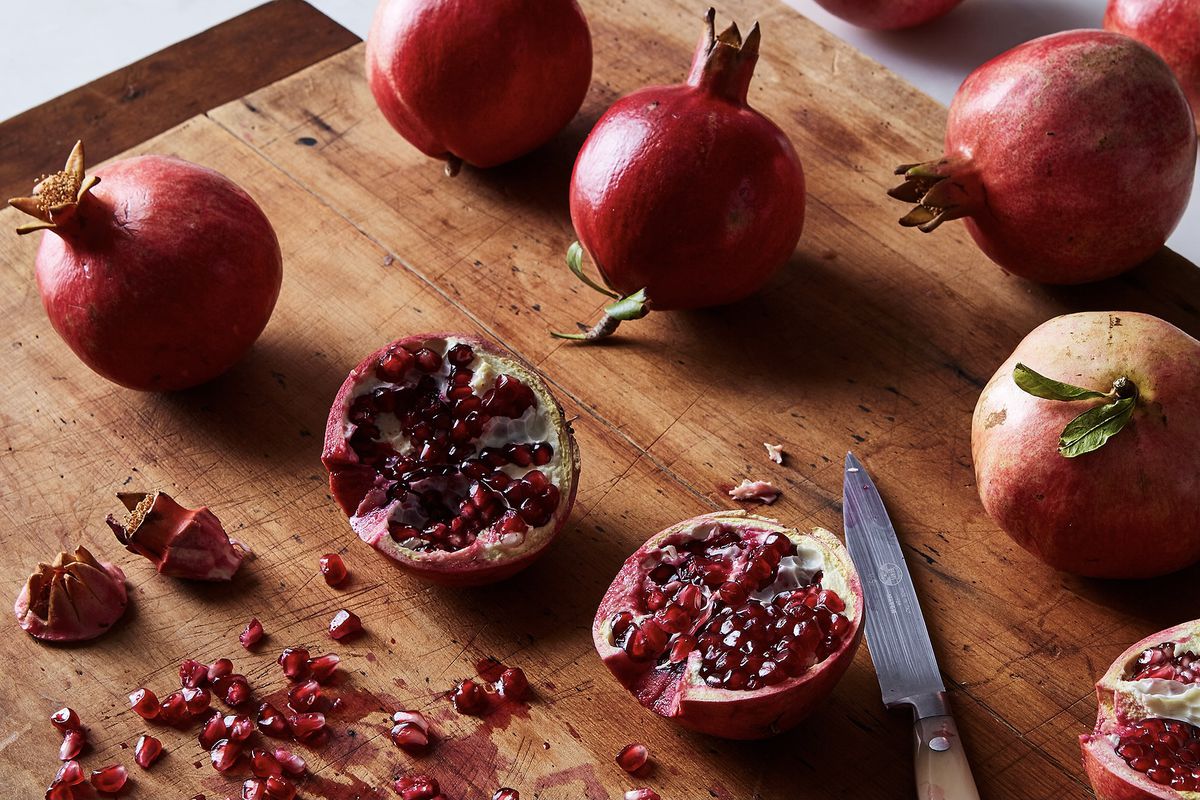
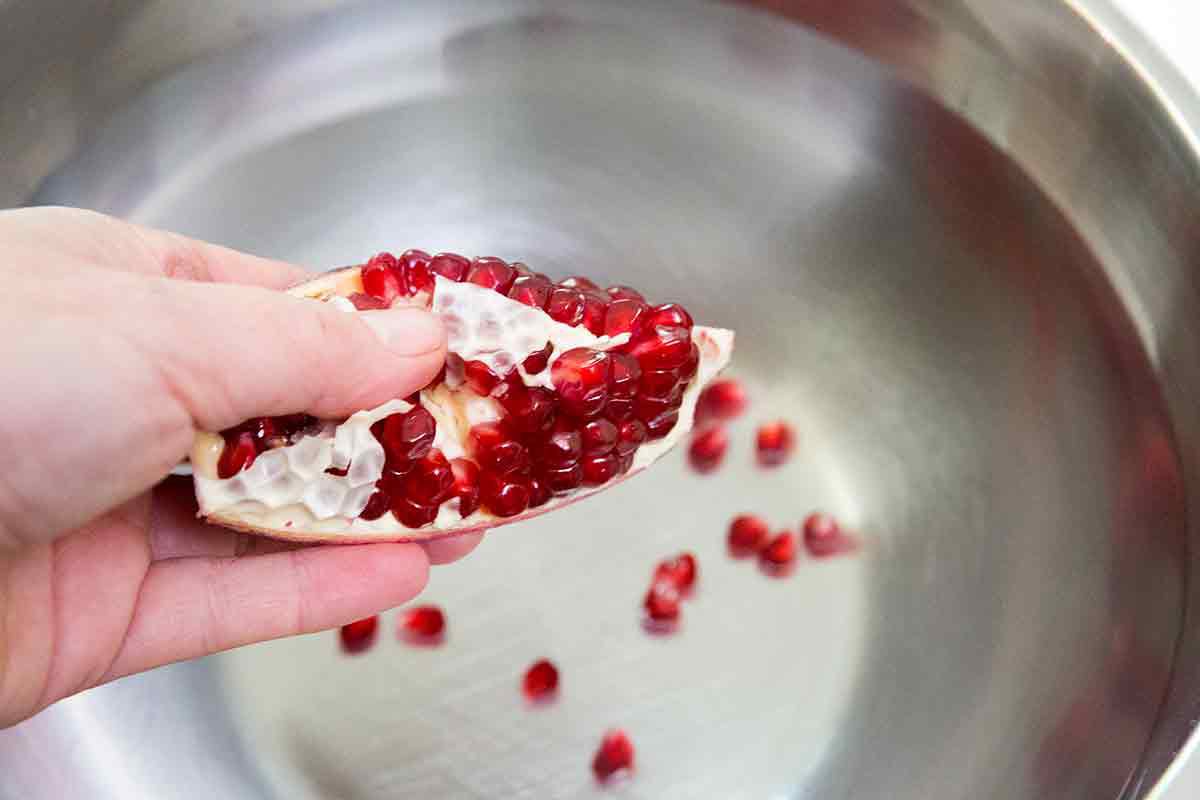
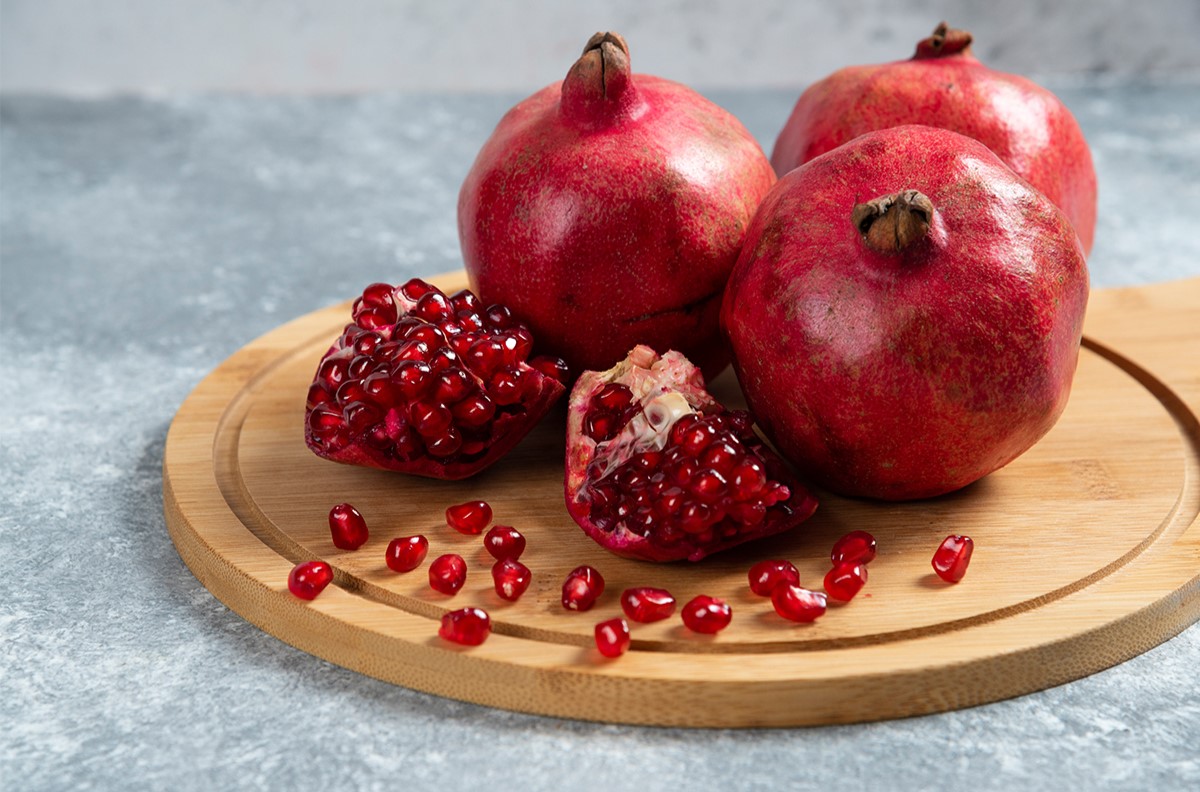

0 thoughts on “How To Store A Pomegranate”